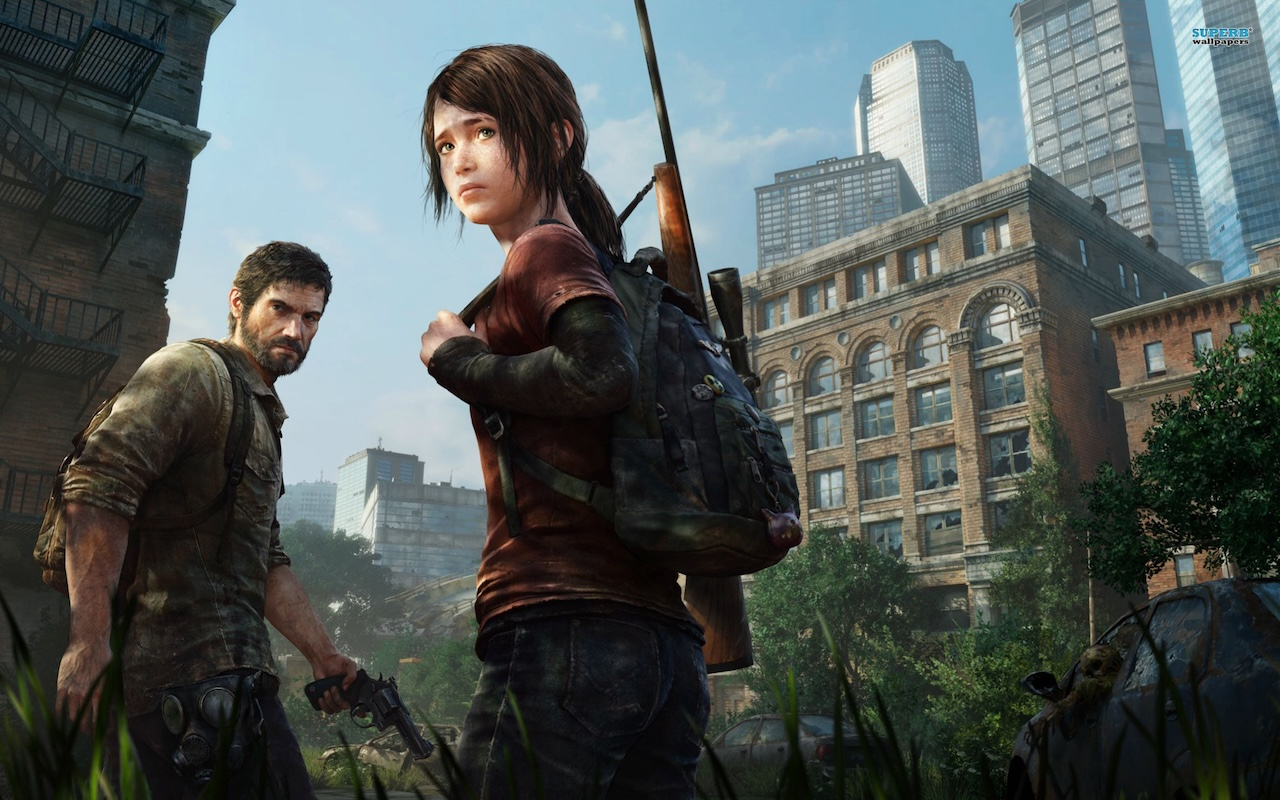From God of War to The Last of Us: How gaming took over storytelling

Once upon a time, video games were just about beating high scores and dodging pixelated enemies. Now, they are emotional rollercoasters that hit harder than most movies. Gaming has evolved from mindless fun to storytelling masterpieces, with characters and narratives that leave one thinking long after the controller is put down. Titles such as God of War and The Last of Us don’t just tell stories – they immerse players in them.
Why gaming stories hit harder
Movies and TV? Great. But that’s just watching. In games, the player becomes the main character. When Kratos carries the weight of his past in God of War, the player feels it. When Ellie fights to survive in The Last of Us, it’s the player’s choices guiding her. That level of emotional investment? Unmatched.
One does not just watch the heartbreak, the victories, or the betrayies – they are experienced firsthand. And with PlayStation leading the charge in cinematic gaming, it’s no surprise that gaming stories are outshining Hollywood.
To grab the next narrative-driven masterpiece for less, checking out digital marketplaces is advisable. For example, cheap PSN gift cards help save money on all things PlayStation.
Characters that stick with audiences
Great stories need great characters, and gaming delivers. Joel and Ellie’s bond in The Last of Us? A gut punch. Kratos and Atreus learning to trust each other? Pure storytelling gold. Arthur’s story in Red Dead Redemption 2? It’s an experience.
Games build relationships that evolve over hours, not just two-hour runtimes. Audiences become attached and grow with these characters, making every twist significantly more impactful.
Gaming as a window to different cultures
Games offer a unique way to experience different cultures firsthand. Black Myth: Wukong explores Chinese mythology, Ghost of Tsushima immerses players in feudal Japan, and Assassin’s Creed brings history to life. These stories go beyond entertainment, offering a deeper connection to diverse traditions, legends, and worlds.
Choice makes the story personal
Here’s where gaming surpasses traditional storytelling: choice. In titles such as Detroit: Become Human, Mass Effect, or The Witcher 3, decisions shape the story. One can be a hero, a villain, or something in between. Unlike movies, where the ending is predetermined, gaming allows for the creation of a personal legacy. Choices define the world, and this level of agency makes every playthrough unique.
Technology is changing the game
Better hardware leads to deeper immersion. The PS5’s lightning-fast SSD loads sprawling open worlds in seconds, allowing for uninterrupted engagement with the narrative. The DualSense controller doesn’t merely facilitate gameplay – it enables the experience of every punch, every raindrop, every gunshot. When technology enhances the story, the line between gaming and reality begins to blur.
Gaming: The future of storytelling that’s happening now
The numbers don’t lie – gaming is now the biggest entertainment industry, and it’s only getting better. With PlayStation’s commitment to jaw-dropping single-player stories, we’re in the golden age of interactive storytelling. The future holds even bigger narratives, deeper choices, and technology that draws players further into the action.
When ready for the next epic journey, digital marketplaces such as Eneba facilitate stocking up on PlayStation hits, offering PSN gift card deals that make gaming more affordable. Because the best stories aren’t just told – they’re played.
The editorial unit

























Facebook
Twitter
Instagram
YouTube
RSS